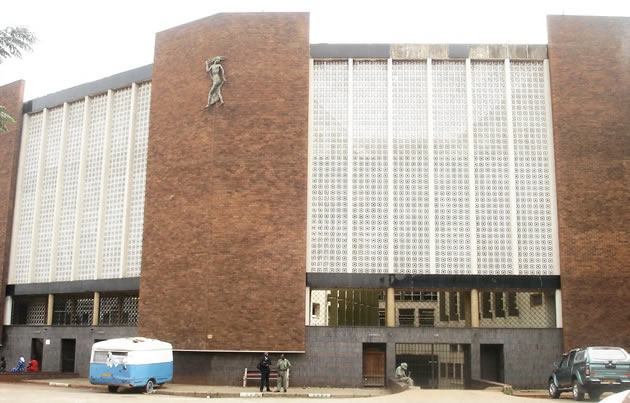‘Jambanja’ informal traders, ZETDC clash

Fidelis Munyoro Chief Court Reporter
Informal traders operating illegal flea market business at an open space under electricity power lines in Chitungwiza face eviction from the area.
Over 100 informal traders operating at the place popularly known as “Jambanja” or “Pahasah” have been resisting calls by the Zimbabwe Electricity Transmission Distribution Company (ZETDC) to vacate the area.
Setting up a flea market under power lines which carry high voltage of electricity is a huge risk. The informal traders at “Jambanja” are exposing themselves to serious danger.
ZETDC, which is being represented by Mr Vote Muza of Muza and Nyapadi law firm, has now approached High Court seeking an order for the eviction of the informal traders together with their chattels and sundry belongings from the piece of land.
Under the Electricity Act, the power company has the right of occupation of all State and local authority land or private land over which power transmission lines pass through.
An overhead transmission line known as the Seke-Dema 132Kv passes through Unit M, Chitungwiza.
“Regrettably, all respondents (informal traders) have illegally occupied a large portion of a piece of land falling under the transmission line,” said ZETDC company secretary Ms Judith Tsamba in her papers.
“Having been allocated an adjacent piece of land by Chitungwiza council to operate from, they, with no authority of the local authority or the applicant, encroached onto the land falling under the transmission lines.”
Ms Tsamba said the informal traders conduct was grossly unreasonable, if not foolish.
She said she did not need to overemphasise the danger electricity power lines pose not only to human life, but also to the infrastructure and goods that they have set up illegally under the transmission lines.
“In the event of, and for whatever reason, the power lines snapping, the whole area will fall into serious conflagration whose damage may be unimaginable,” she said.
Ms Tsamba further complained that ZETDC workmen have no access in the event of wanting to effect repairs. The occupation of a wide area by the informal traders, she stated, had restricted any chances engineers, linesmen, and artisans may have when effecting repairs and inspections on the infrastructure.
“All respondents have absolutely no right to operate under our transmission lines,” she said.
Ms Tsamba said after the informal traders refused to comply with their request to vacate the pace, the company had no option but to approach the higher court to intervene and order the eviction.
This, she added, could also spare the informal traders’ lives from future harm.
In any event, Ms Tsamba argued that the eviction was also sought to avert any future potential claims by the informal traders in the event of them suffering injury or death from electricity.
All the informal traders at “Jambanja” have each been served with papers and are yet to respond to the court application.









Comments